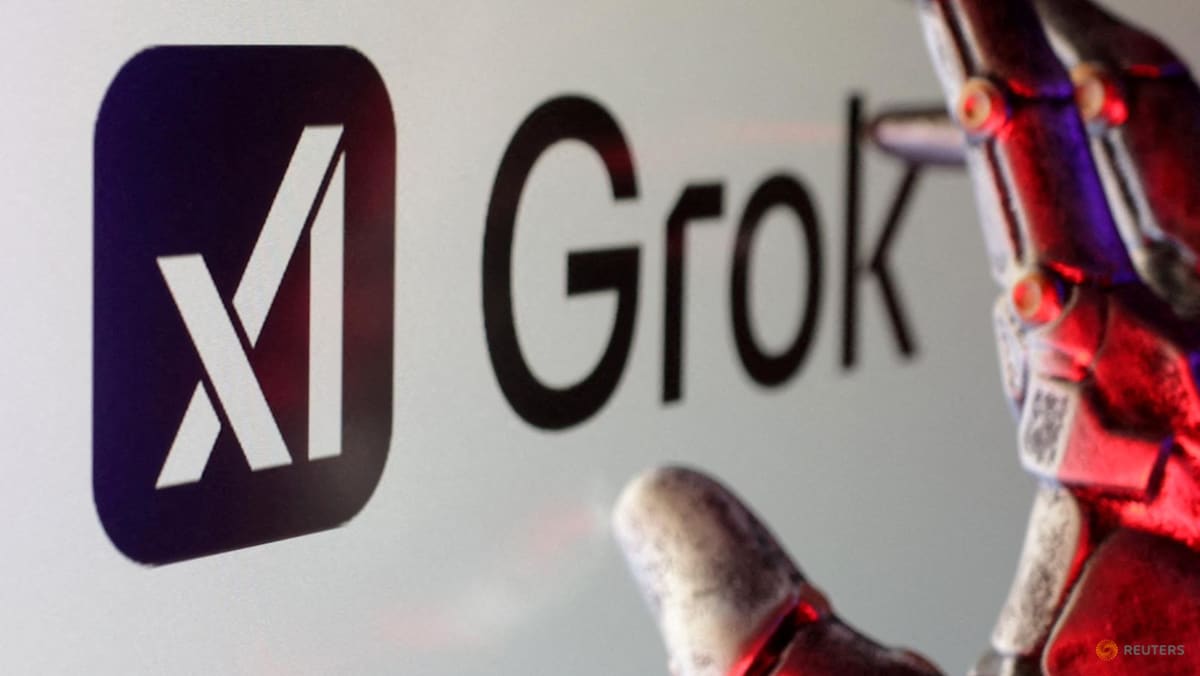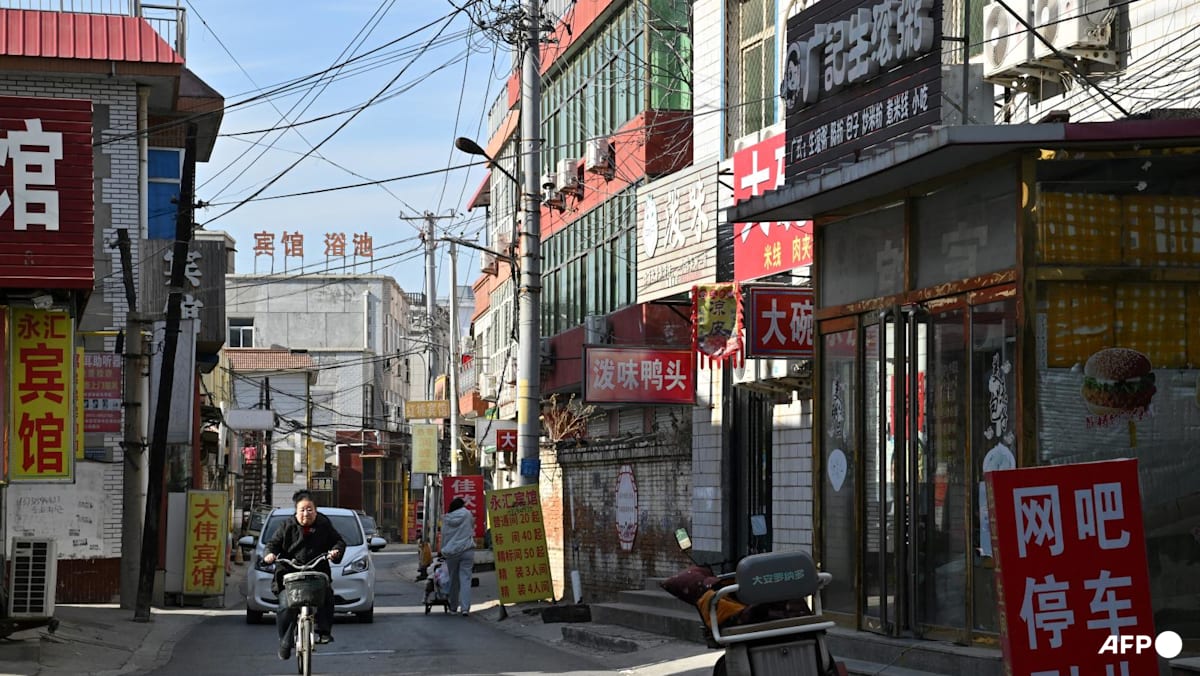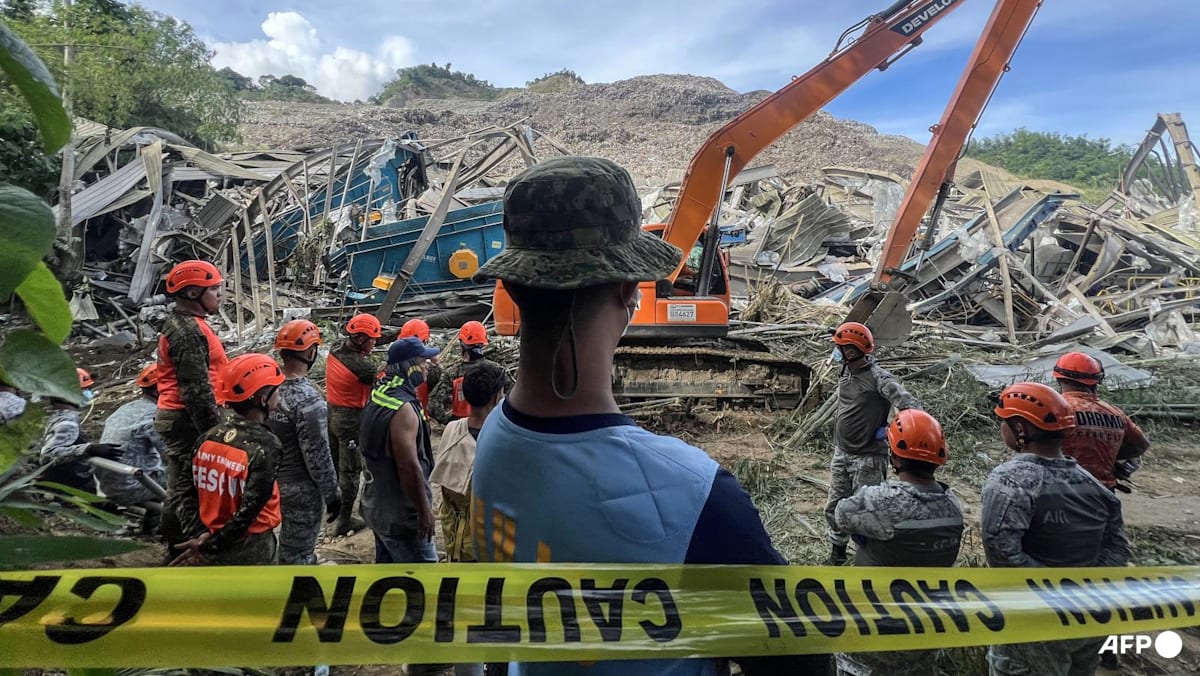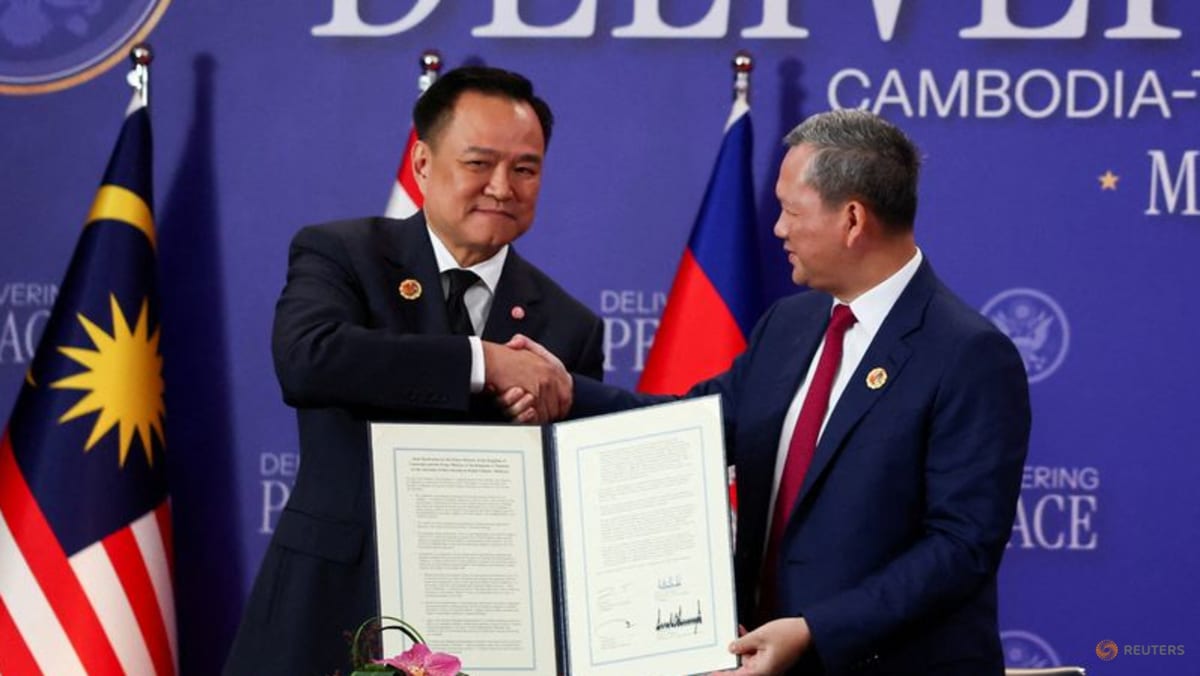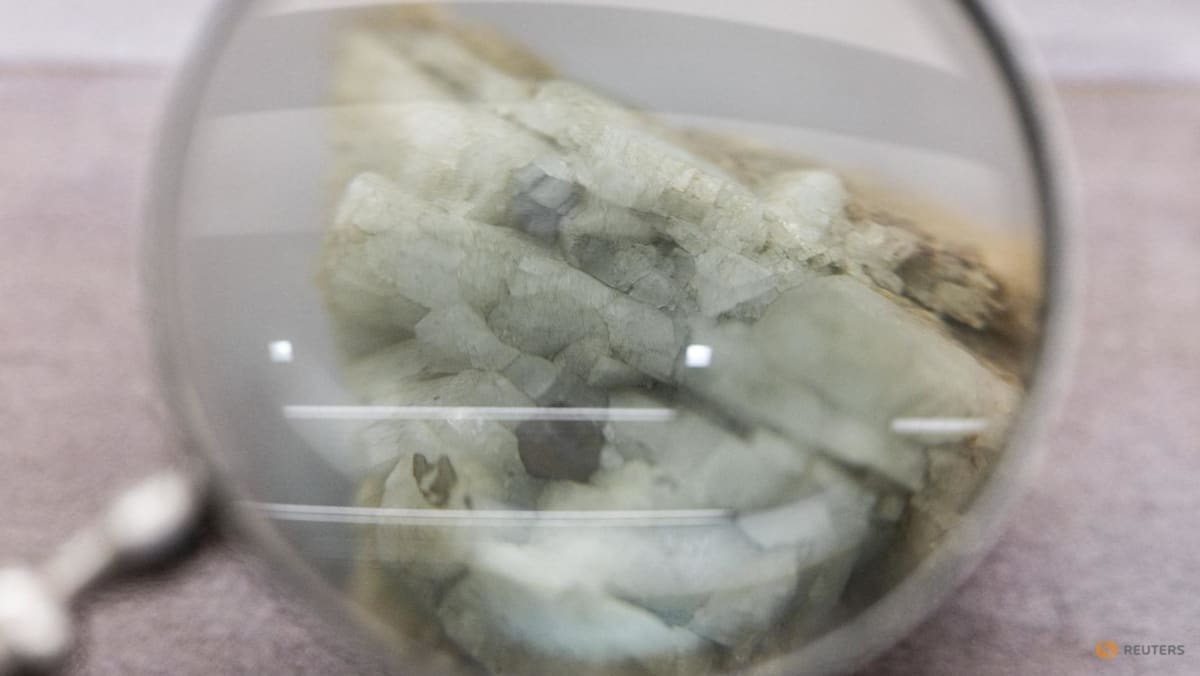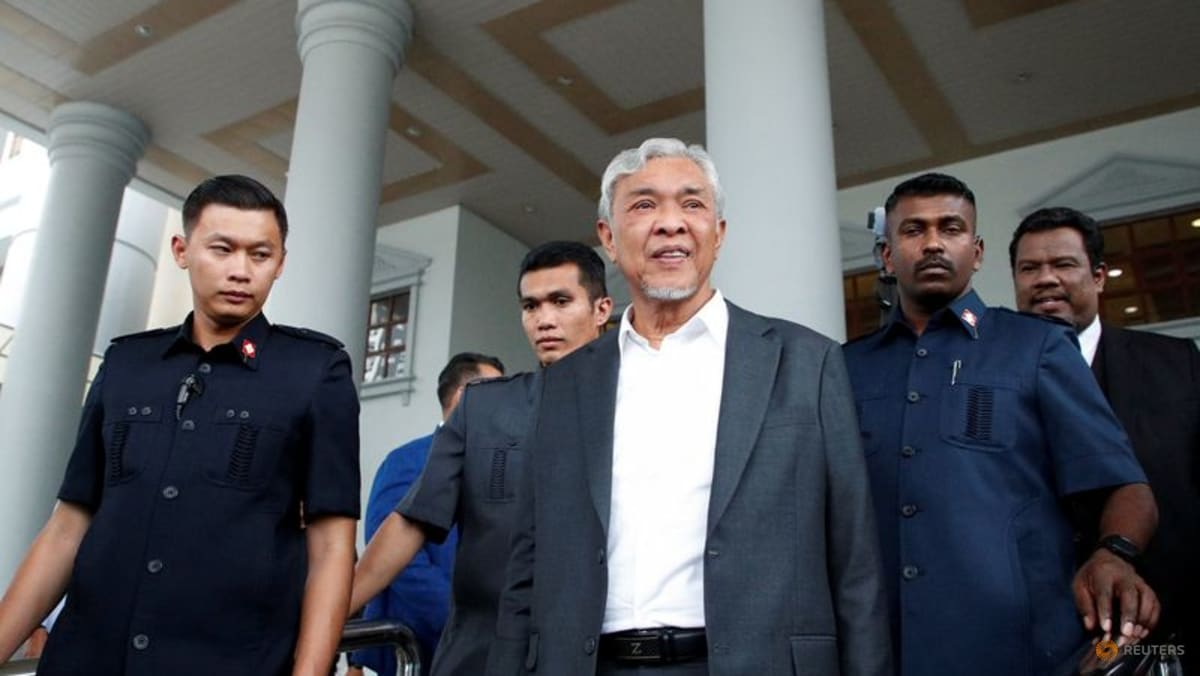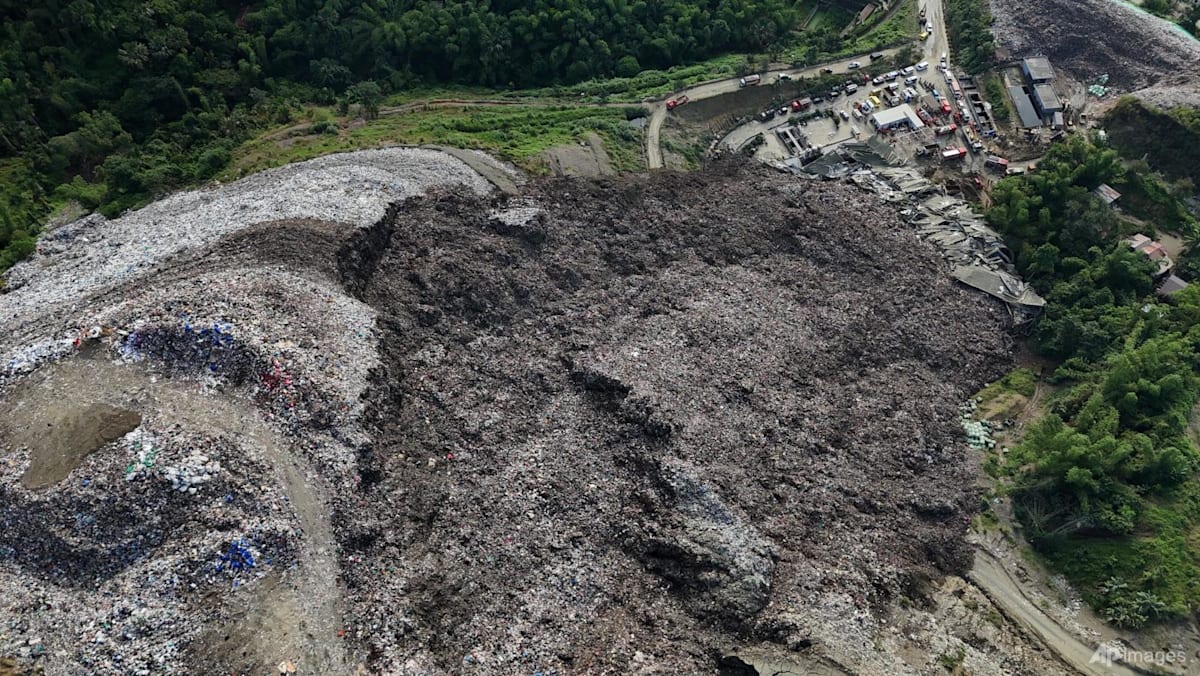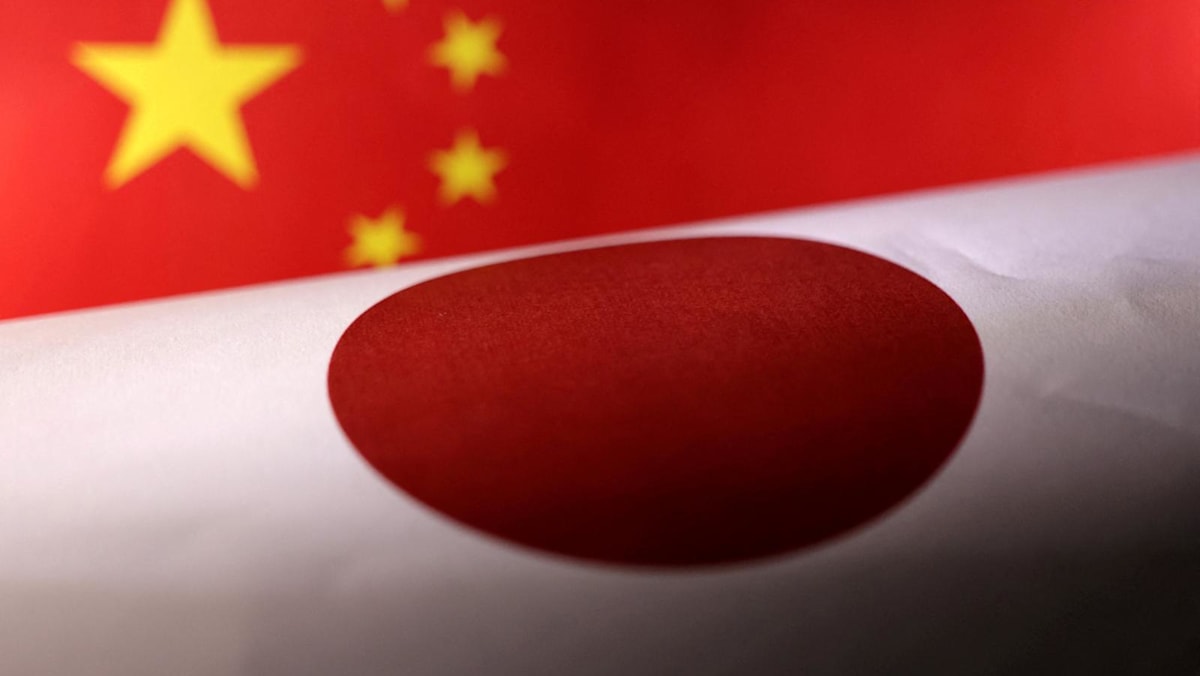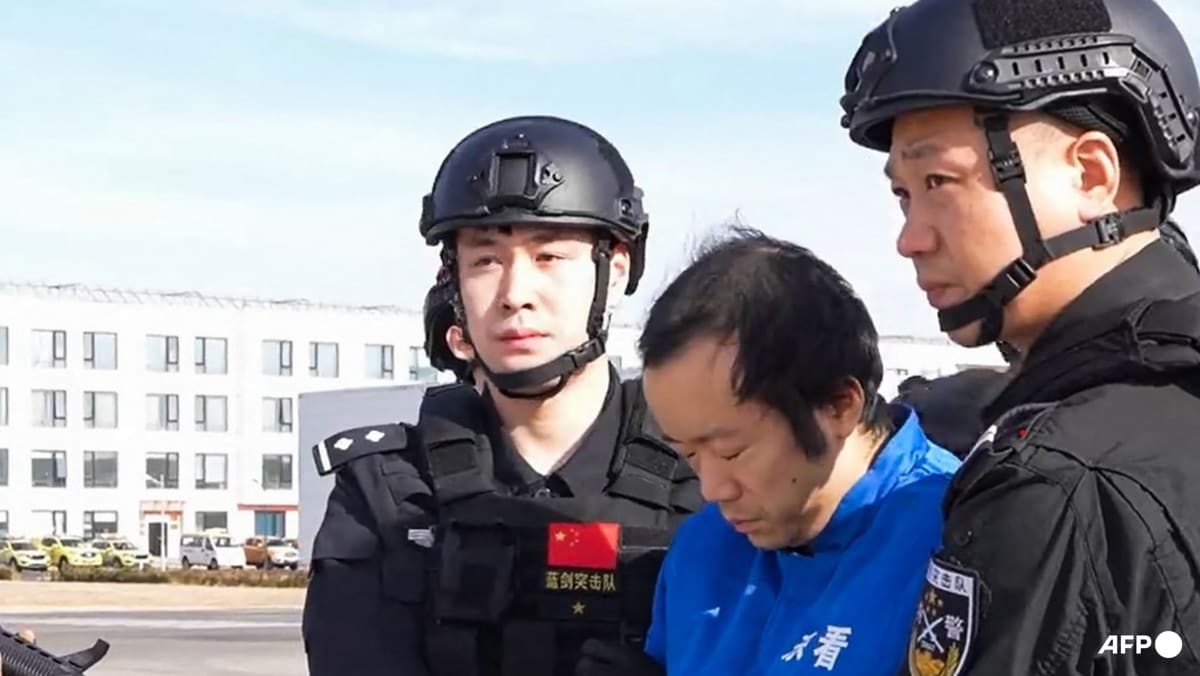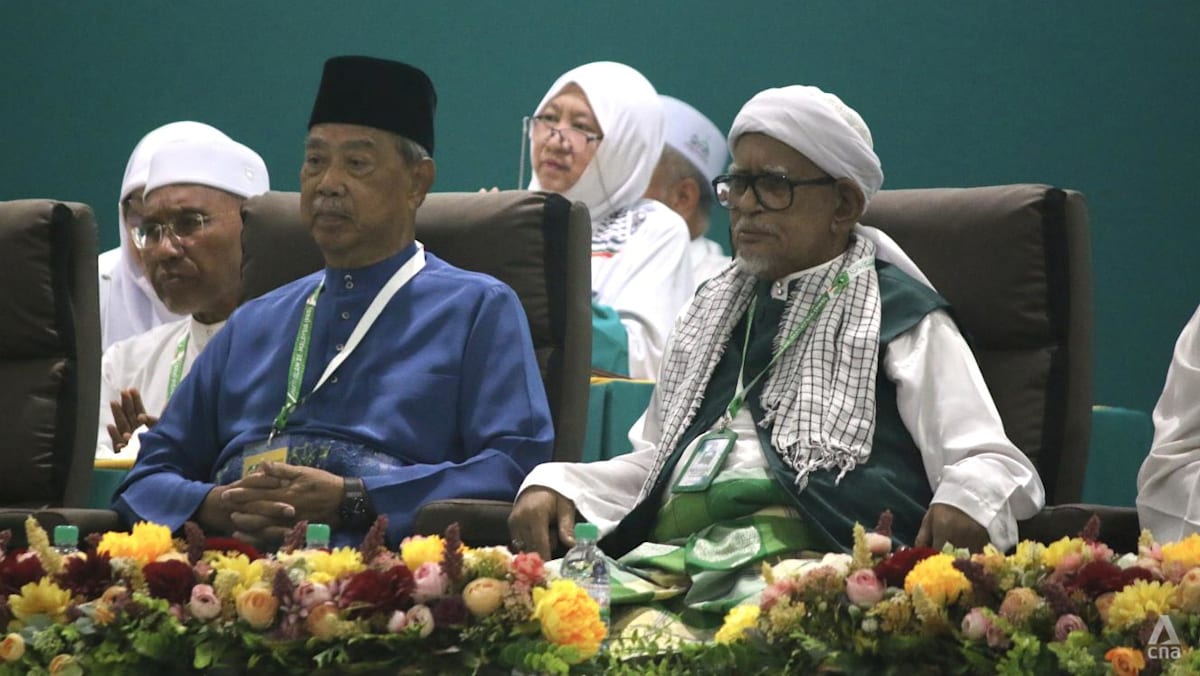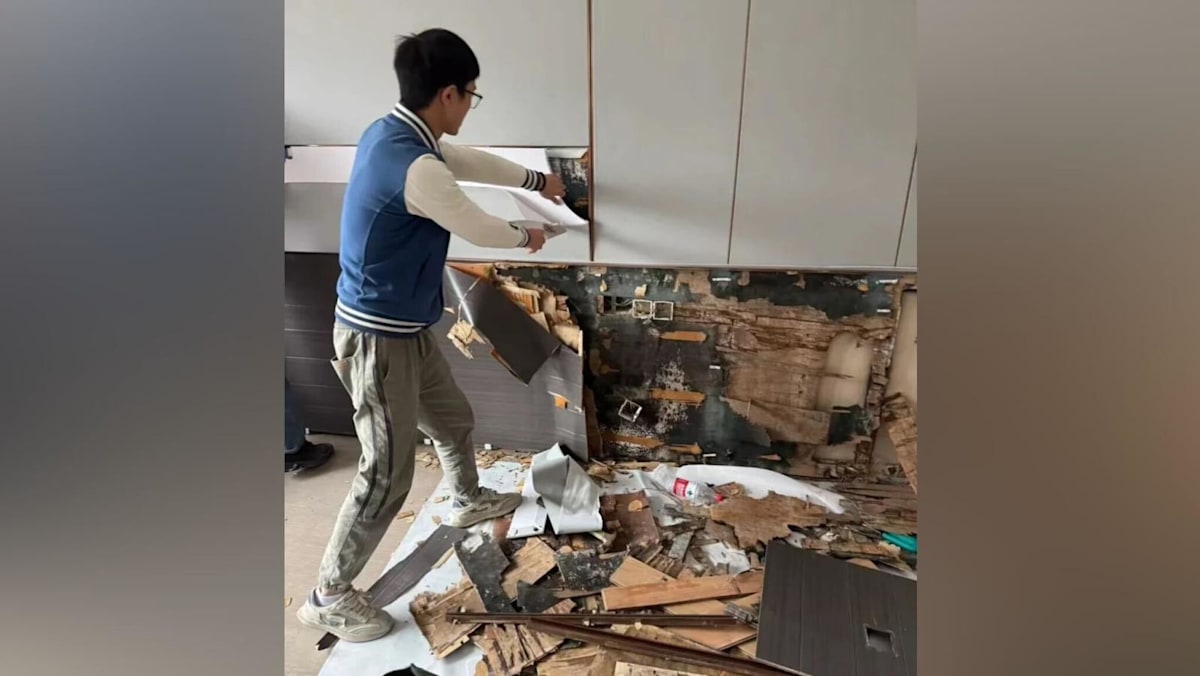Indonesia police probe drug regulators over cough syrup

JAKARTA: Indonesia’s police are conducting preliminary inquiries into whether any actions by officials at the country’s drug regulator could amount to criminal wrongdoing, as they expand a probe into tainted cough syrups linked to the deaths of more than 200 children across the nation, two top inspectors told Reuters.
The police scrutiny of Indonesia’s food and drugs agency (BPOM) is the latest escalation by states seeking accountability for contaminated syrups that were linked to the deaths of dozens more children in Gambia and Uzbekistan last year. The World Health Organization is working with countries to investigate the global pharmaceutical supply chain for such syrups.
Late last year police arrested and charged eight individuals at Indonesian companies that imported and distributed raw materials to drugmakers whose cough syrups were found to contain toxic industrial-grade chemicals instead of the legitimate ingredient.
Andika Urrasyidin, lead police investigator of the case, told Reuters police have called in “many” BPOM officials for questioning, and the investigation is still underway.
“We’re still looking into it. But … if there were actions, then yes there needs to be responsibility,” he said, declining to say what, if any, charges may be brought.
No one at BPOM has been accused of wrongdoing. The police could ultimately pursue criminal charges or close the probe without taking action.
Officials from the BPOM did not respond to a request for comment.
Hersadwi Rusdiyono, the director of Indonesia’s national police’s crimes detection unit, said BPOM officials were brought in as witnesses, but investigators are now checking if any wrongdoing was committed by drug regulators.
“We asked them according to their functions, as regulators, whether they’ve conducted supervision and what kind of supervision,” he told Reuters. “They were only interrogated as witnesses, we’re coordinating with the prosecutors.”
Hersadwi said the probe so far has focused on staff at lower levels and not included BPOM’S chief, Penny Lukito. Penny did not respond to a request for comment.
Source: CNA


